An Introduction to Artificial Intelligence for Clinicians
An Introduction to Artificial Intelligence for Clinicians
This course aims to equip healthcare professionals with knowledge and skills to navigate the rapidly developing field of artificial intelligence in medicine.
Course overview
The increasing development of artificial intelligence research indicates that it is inevitably poised to play a pivotal role in healthcare. However, the majority of healthcare workers have minimal knowledge or experience in the area. An Introduction to Artificial Intelligence for Clinicians addresses the rapidly expanding field of artificial intelligence in medicine and the urgent need to equip healthcare professionals with the basic understanding and tools required to navigate it. To date, there is no other course that offers such skills. Participants will gain an understanding of the origins and basic concepts behind artificial intelligence, machine learning and deep learning. They will be taught basic statistics used in clinical artificial intelligence literature and given the essential skills required to critically appraise these papers. They will learn how to start their own clinical artificial intelligence research project and develop a deep learning model using automated machine learning. They will also learn about the various applications of artificial intelligence in healthcare, the barriers to implementation and the future directions. This course aims to bridge the gap between clinicians and technology, using straightforward and practical approaches to ensure a strong understanding of the relevant areas for healthcare.
Course Structure
This is a one-day online course which includes seven 30 minute and one-hour units, of seven hours of learning. The course will conclude with an online assessment.
Unit 1: An Introduction to Artificial Intelligence
Delivered by Pearse Keane
Duration: 1 hour
Unit 2: Medical Statistics and Critical Evaluation Skills
2a: A Primer on Medical Statistics
Delivered by Siegfried Wagner
Duration: 30 minutes
2b: How to Critically Evaluate an Artificial Intelligence Study
Delivered by Xiaoxuan Liu
Duration: 30 minutes
Unit 3: Automated Machine Learning
3a: How to Start Your Own Deep Learning Project
Delivered by Mariana Batista
Duration: 30 minutes
3b: Using Automated Deep Learning
Delivered by Eddie Korot
Duration: 30 minutes
Unit 4: Clinical Validation and Implementation
4a: Clinical Validation of an Artificial Intelligence System
Delivered by Alastair Denniston
Duration: 30 minutes
4b: Implementation of Clinical Artificial Intelligence
Delivered by Konstantinos Balaskas
Duration: 30 minutes
Unit 5: A Real-World Example of Clinical Artificial Intelligence
Delivered by Pearse Keane
Duration: 1 hour
Unit 6: Challenges, Limitations and Future Directions
Delivered by Pearse Keane
Duration: 1 hour
Unit 7: Practical Session
Delivered by Ciara O’Byrne
Duration: 1 hour
Unit 8: Assessment
Who should apply?
The course is intended for healthcare professionals who wish to gain an insight into the field of artificial intelligence and to learn about its potential applications into healthcare
Benefits of attending
Attending this course will enable you to:
- Gain an understanding of the evolution and basic concepts behind artificial intelligence, machine learning and deep learning.
- Obtain a basic understanding of the statistics used in AI clinical literature and the ability to critically evaluate the clinical AI literature.
- Become familiar with the various trials carried out using deep learning systems.
- Be competent in starting your own clinical artificial intelligence research project.
- Demonstrate how to develop a deep learning model using automated deep learning.
- Understand the various applications of artificial intelligence in healthcare
- Understand the current barriers to implementation and limitations of artificial intelligence in healthcare
- Understand the future directions of artificial intelligence
Accreditation
CPD points and a certificate of attendance will be awarded at the end of the course.
Requirement
In order to access the programme online, you will need access to a computer (laptop or desktop) with a webcam and microphone.
Related courses
You might also like our data science course, designed to introduce clinicians to data science and provide them with basic skills to handle data.
Book Now
https://checkout.moorfields.nhs.uk/product?catalog=CR809-2101AIOP
| Date | Location | Time | Seats | Price | |
| 17/02/2021 | Online | 9:00 AM (GMT) | 14 | £500.00 |
Course fees
Location
Taught by

Pearse Keane
Pearse Keane is a consultant ophthalmologist at Moorfields Eye Hospital, London and an associate professor at UCL Institute of Ophthalmology. He is originally from Ireland and received his medical degree from University College Dublin (UCD), graduating in 2002.
In 2016, he initiated a formal collaboration between Moorfields Eye Hospital and Google DeepMind, with the aim of developing artificial intelligence (AI) algorithms for the earlier detection and treatment of retinal disease. In August 2018, the first results of this collaboration were published in the journal, Nature Medicine. In May 2020, he jointly led work, again published in Nature Medicine, to develop an early warning system for age-related macular degeneration (AMD), by far the commonest cause of blindness in many countries.
In October 2019, he was included on the Evening Standard Progress1000 list of most influential Londoners (https://www.standard.co.uk/news/the1000) and in June 2020, he was profiled in The Economist (https://www.economist.com/technology-quarterly/2020/06/11/the-potential-and-the-pitfalls-of-medical-ai).
In 2020, he was listed on the “The Power List” by The Ophthalmologist magazine, a ranking of the Top 100 most influential people in the world of ophthalmology (https://theophthalmologist.com/power-list/2020).
Pearse is the Artificial Intelligence Lead at the Moorfields Ophthalmic Reading Centre.
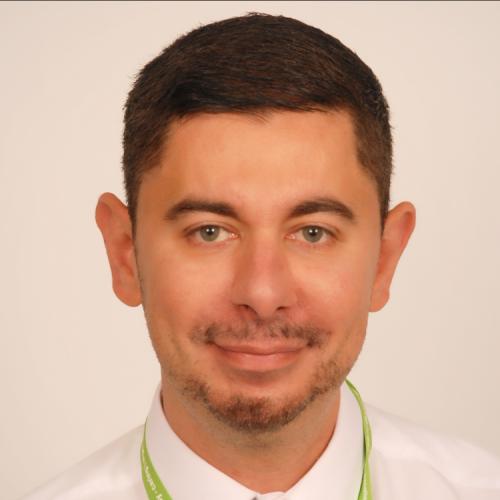
Konstantinos Balaskas
Consultant Ophthalmologist and Director of the Moorfields Ophthalmic Reading Centre (since November 2017): Since taking up the role of Director of the Moorfields Reading centre, I have been working to establish the Reading Centre as a pioneer in the Big Data and Artificial Intelligence ecosystem through academic and commercial collaborations, including with Google DeepMind. Novel, efficient methods of image grading are being developed through the AI pipeline allowing faster turn-around and enabling exploratory projects on novel biomarkers of response to treatment for retinal disease.
Service Delivery Research and Implementation Science: I have a keen interest in new ways of delivering care in Ophthalmology, including with tele-medicine, ‘virtual’ clinics and Artificial Intelligence. I have led two national research projects in the UK funded by the National Institute of Health Research looking at novel care models for Ophthalmology patients, exploring the role of modern imaging and digital technologies. I am developing the role of the Reading Centre as a tele-ophthalmology hub in the context of novel models of care, including ‘virtual clinics’, AI and home-monitoring.
Principal Investigator for Clinical Trials: I have received national recognition as one of the Best Principal Investigators for Clinical Trials in the UK for three consecutive years. This has equipped me with in-depth understanding of the challenges of research governance and clinical trial set-up and monitoring. I am bringing this knowledge and expertise into my current role as Director of the Moorfields Reading Centre.
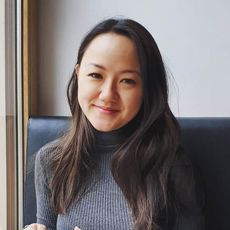
Xiaoxuan Liu
Dr. Xiao Liu is an ophthalmology registrar and doctoral researcher at the University of Birmingham and University Hospitals Birmingham NHS Foundation Trust. She is interested in clinical evaluation and implementation of digital health technologies (particularly machine learning algorithms as diagnostic tests) to improve patient care. Her previous work has been around identifying gaps in reporting and methodology in early clinical AI evaluations, and providing guidance for clinicians to critically appraise the evidence-base supporting AI health systems.
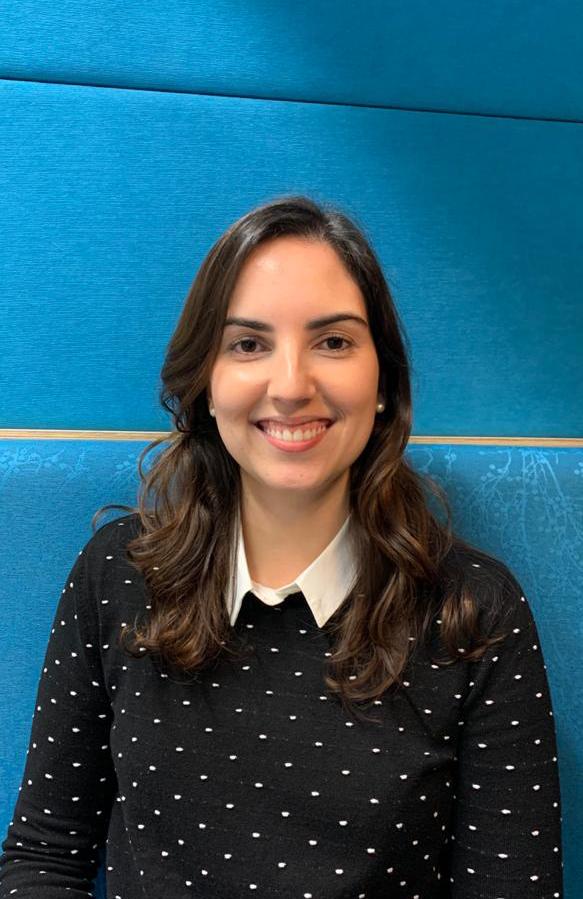
Mariana Batista
Mariana Batista is a Clinical Research Fellow at Moorfields Eye Hospital and Honorary Research Fellow at University College London. She is originally from Brazil and completed her ophthalmology residency in 2017. Following this, she obtained her fellowship in Vitreoretinal Diseases at Federal University of Sao Paulo. She moved to London in 2020 where she began her research in the applications of automated machine learning in diabetic retinopathy.
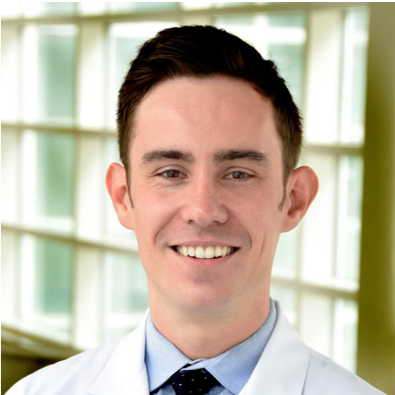
Eddie Korot
Eddie is an ophthalmologist and vitreoretinal surgery retina fellow guided by the goal of maximally scaling improvements in patients’ lives through technology. He recently completed a clinical research fellowship at UCL/Moorfields with a grant for applied automated machine learning. Simultaneously, he was working at Google Health, with a focus on the global validation of ophthalmic deep learning algorithms for clinical use. Eddie's work involves medical AI validation, guideline development, safety, quantifying model uncertainty, AI-driven pharmaceutical trial recruitment, partner management, and UX research. He also initiated a spin-out company to create purpose-built head mounted surgical displays. Currently, Eddie is a clinical instructor and vitreoretinal surgery fellow at Stanford. When He's not working, you can find him doing yoga, practicing drone photography and tennis.

Alastair Denniston
Professor Alastair Denniston is a consultant ophthalmologist at University Hospitals Birmingham NHS Foundation Trust, and Honorary Professor at the University of Birmingham leading a programme of work in health data research and the application of digital healthcare (including artificial intelligence) to improve patient care in the ‘real world’. He is also the Director of INSIGHT, the UK’s Health Data Research Hub for Eye Health, AI Lead for the Centre for Regulatory Science and Innovation (Birmingham, UK), and a Member of the UK Government’s Regulatory Horizons Council.
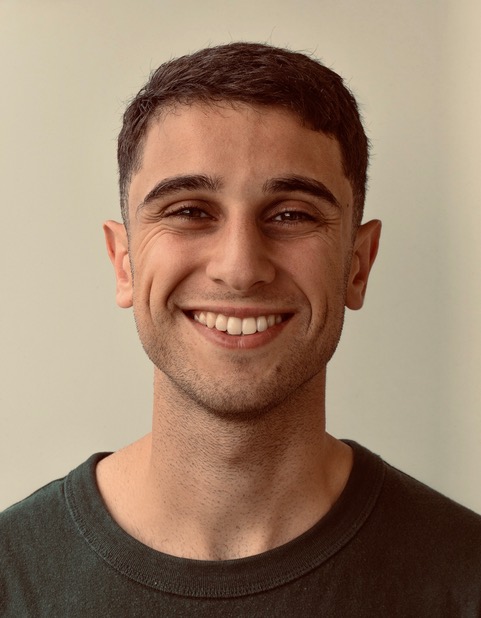
Hussein Ibrahim
Dr. Hussein Ibrahim is a junior doctor and clinical research fellow in artificial intelligence at the University of Birmingham and University Hospitals Birmingham NHS Foundation Trust. His interest is in improving equity in access to and outcomes from data-driven digital health technologies including artificial intelligence in the UK and globally.
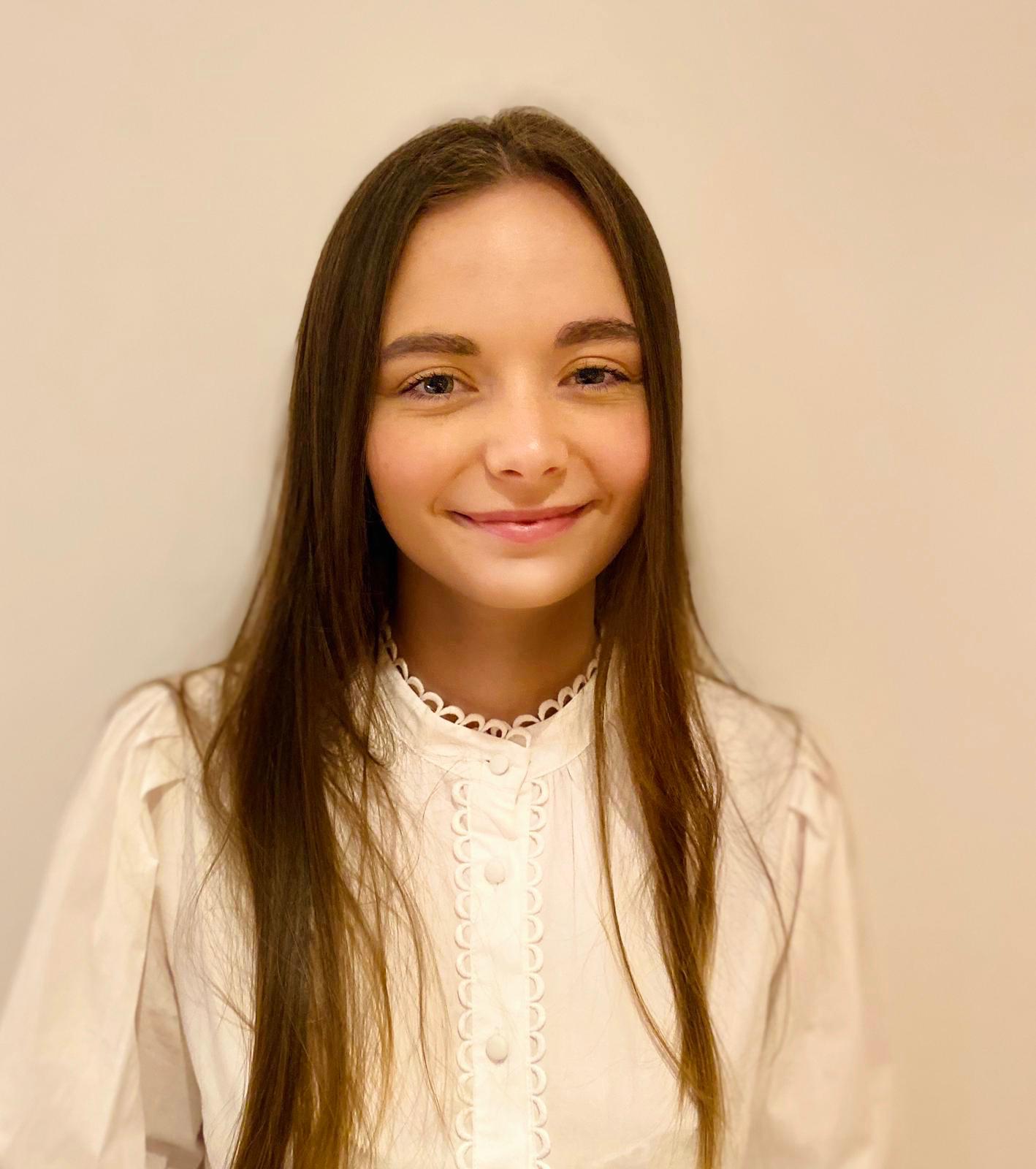
Ciara O’Byrne, Honarary Research Fellow, Moorfields Eye Hospital
Dr. Ciara O’Byrne is a junior doctor and clinical research fellow in artificial intelligence at Moorfields Eye Hospital. Her main area of interest is in the development and application of automated machine learning models in ophthalmology with the goal of improved patient care and outcomes. She also has a specific interest in the development of educational resources to provide guidance to clinicians in the field of artificial intelligence.

Siegfried Wagner
Siegfried Wagner is MRC Clinical Research Fellow at University College London and honorary fellow at Moorfields Eye Hospital. He qualified from the University of Oxford in 2012 moving to London to commence ophthalmology training in 2014. He is a fellow of the Royal College of Ophthalmologists and member of the Royal College of Physicians. Siegfried’s research focuses on deriving insights on systemic disease from retinal imaging using statistical modelling, from traditional techniques to deep learning.

 Attendees
Attendees
 Sponsors and
Exhibitors
Sponsors and
Exhibitors
 AI Training
for Doctors Workshops
AI Training
for Doctors Workshops
 Contact us
Contact us